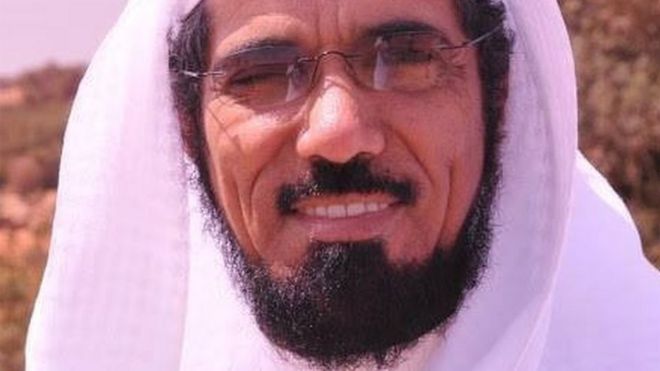By Sarah Purtill
Impunity Watch Reporter, North America
LOS ANGELES, U.S.A. – Around the United States, the second Monday of every October has nationally and traditionally been known as Columbus Day since 1937. Now, the holiday is being replaced in L.A. and other cities around the country. L.A. saw a near unanimous vote to replace Columbus Day. The day will now be a celebration of indigenous people. L.A. joins cities such as Seattle, Phoenix and Denver along with the states of South Dakota and Vermont in changing the holiday.
Another city joining the change is Ithaca, NY. Ithaca has a local connection to the change as it sits on what used to be the lands of the Cayuga Nation and the Haudenosaunee Confederacy. Ithaca wants to be more conscientious of the contributions made to their local community by Native Americans.
Many have strong opinions on changing Columbus Day to Indigenous People’s Day. Native American activists believe that the celebration of Columbus Day is the “celebration of genocide of indigenous people.” For Native Americans, Christopher Columbus’ arrival in North America signified the beginning of the atrocities and destruction that they experienced.
There is one group that has been actively fighting against the change from Columbus Day to Indigenous People’s Day. Some Italian-Americans are strongly against changing the holiday. They claim the potential change is “an affront to their heritage.”
Historian Dominic Candeloro said, “I have no problem with it. I also happen to be an Italian-American. The one problem we have with the proclamation is it ignores the 900-pound gorilla in the room and that’s Columbus Day. You’re replacing the traditions of one ethnic group with the traditions of another ethnic group.”
Candeloro believes Indigenous Peoples Day should be celebrated in conjunction with Columbus Day. In some cities, this is still possible. L.A. has declared October 12th to be Italian Heritage Day. It was in 1492, on October 12th that Columbus arrived in the Bahamas.
Robin Abcarian of the LA Times writes, “History is written by victors, and promulgated by their descendants.” But now there is a call to correct the narrative of the victors to more accurately represent history. This has been seen around the country with the call to change Columbus Day and with the removal of Confederate soldier statutes.
The story told to children in schools about Columbus day is traditionally told as a happy one. By giving the story this narrative, author Howard Zin believes it serves as a justification of the genocide of an entire group of people. By changing the narrative of the story to include the side of Native American’s it may be possible to erase the “whitewashed American history curriculum.”
For more information, please see:
Chicago Tribune – Oak Park approves celebration of Indigenous People Day – 7 September 2017
Cornell Sun – City Passes Resolution to Recognize Indigenous Peoples’ Day – 7 September 2017
Los Angeles Times – Replacing Columbus Day with Indigenous Peoples Day is a long overdue victory for civil rights – 1 September 2017
Huffpost – Los Angeles Replaces Columbus Day With Holiday Celebrating Indigenous People – 31 August 2017


